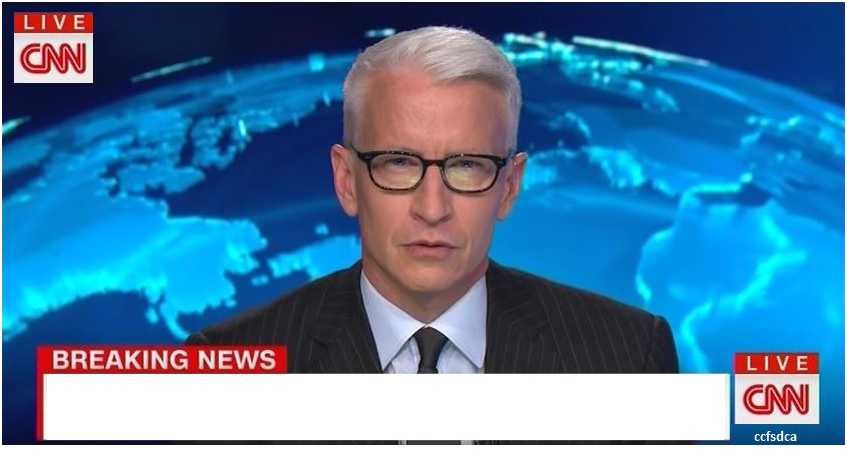

It’s a battle that can’t be won completely, researchers agree - it’s not possible to stop people from spreading ill-founded rumours.
#Fox news newsbar template how to
In a global health crisis, inaccurate information doesn’t only mislead, but could be a matter of life and death if people start taking unproven drugs, ignoring public-health advice, or refusing a coronavirus vaccine if one becomes available.īy studying the sources and spread of false information about COVID-19, researchers hope to understand where such information comes from, how it grows and - they hope - how to elevate facts over falsehood. She and many others have been scrambling to track and analyse the disparate falsehoods floating around - both ‘misinformation’, which is wrong but not deliberately misleading, and ‘disinformation’, which refers to organized falsehoods that are intended to deceive.

“This is an opportunity to see how the whole world pays attention to a topic,” says Renée diResta at the Stanford Internet Observatory in California. The World Health Organization (WHO) has called the situation an infodemic: “An over-abundance of information - some accurate and some not - rendering it difficult to find trustworthy sources of information and reliable guidance.”įor researchers who track how information spreads, COVID-19 is an experimental subject like no other. And it’s really easy for everyone to get information that is consistent with their system of belief,” Quattrociocchi says. “The topic is polarizing, scary, captivating. People are spending more time at home, and searching online for answers to an uncertain and rapidly changing situation. But COVID-19 is “the perfect storm for the diffusion of false rumour and fake news”, says data scientist Walter Quattrociocchi at the Ca’Foscari University of Venice, Italy. Every major news event comes drenched in rumours and propaganda. The Gates conspiracy theories are part of an ocean of misinformation on COVID-19 that is spreading online. After the New York Post story went live, several high-profile figures with nearly one million Facebook followers each posted their own alarming comments, as if the story about Gates devising vaccines to track people were true.Ĭoronavirus misinformation needs researchers to respond As with epidemics, there are ‘superspreader’ moments. “That’s better performance than most mainstream media news stories,” says Joan Donovan, a sociologist at Harvard University in Cambridge, Massachusetts.ĭonovan charts the path of this piece of disinformation like an epidemiologist tracking the transmission of a new virus. Then that article was liked, shared or commented on by nearly one million people on Facebook. The interview was covered by the newspaper the New York Post, which didn’t debunk the notion. The idea reached Roger Stone - a former adviser to US President Donald Trump - who in April discussed the theory on a radio show, adding that he’d never trust a coronavirus vaccine that Gates had funded. It’s been viewed nearly two million times. Two days later, traffic started flowing to a YouTube video on the idea.

On 19 March, the website falsely claimed that Gates planned to use a coronavirus vaccine as a ploy to monitor people through an injected microchip or quantum-dot spy software. The false claims quietly proliferated among groups predisposed to spread the message - people opposed to vaccines, globalization or the privacy infringements enabled by technology. He’d use vaccines to control people, declared a third. Gates, the Microsoft co-founder and billionaire philanthropist who has funded efforts to control the virus with treatments, vaccines and technology, had himself created the virus, argued one theory. In the first few months of 2020, wild conspiracy theories about Bill Gates and the new coronavirus began sprouting online.


 0 kommentar(er)
0 kommentar(er)
